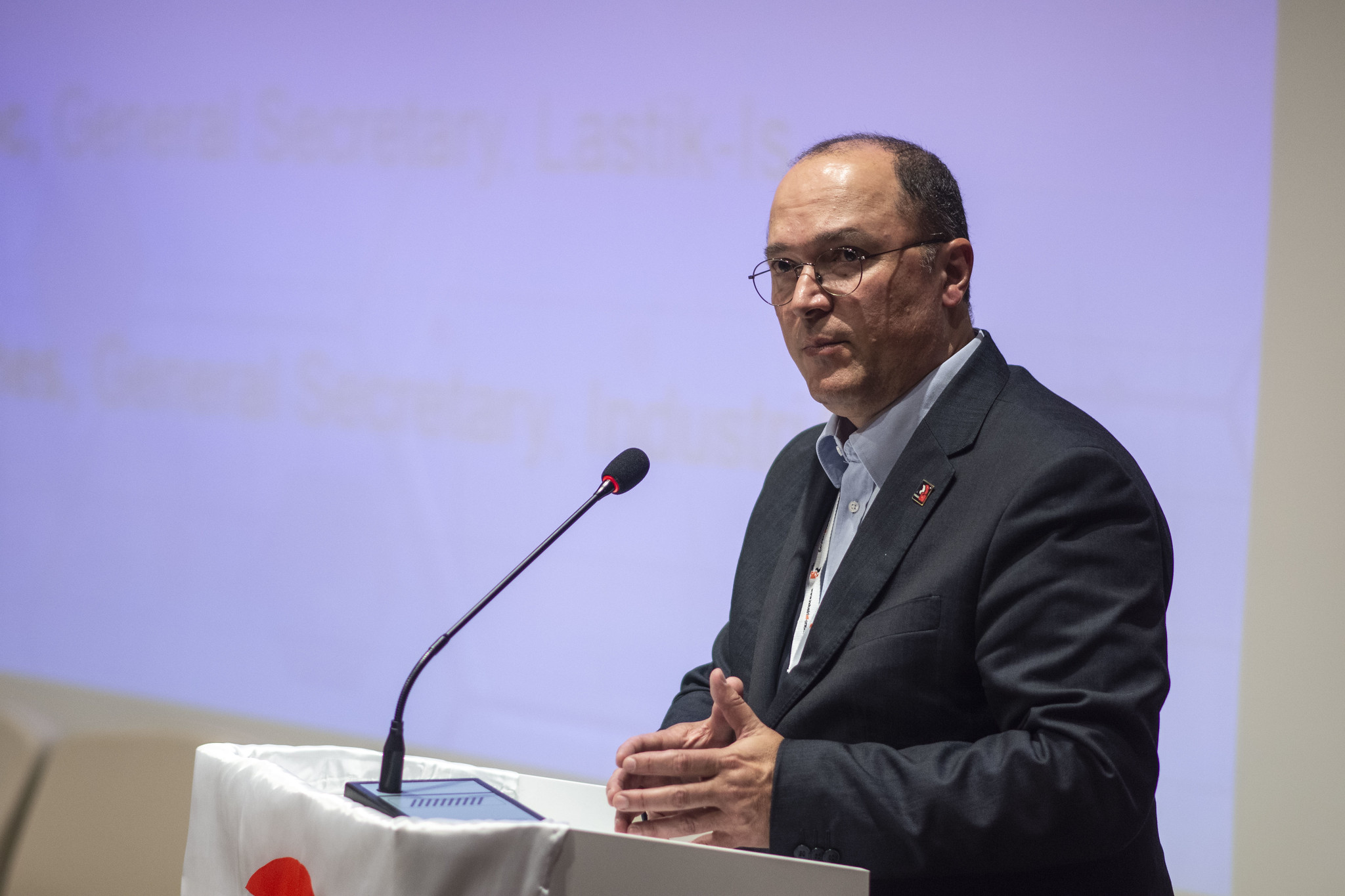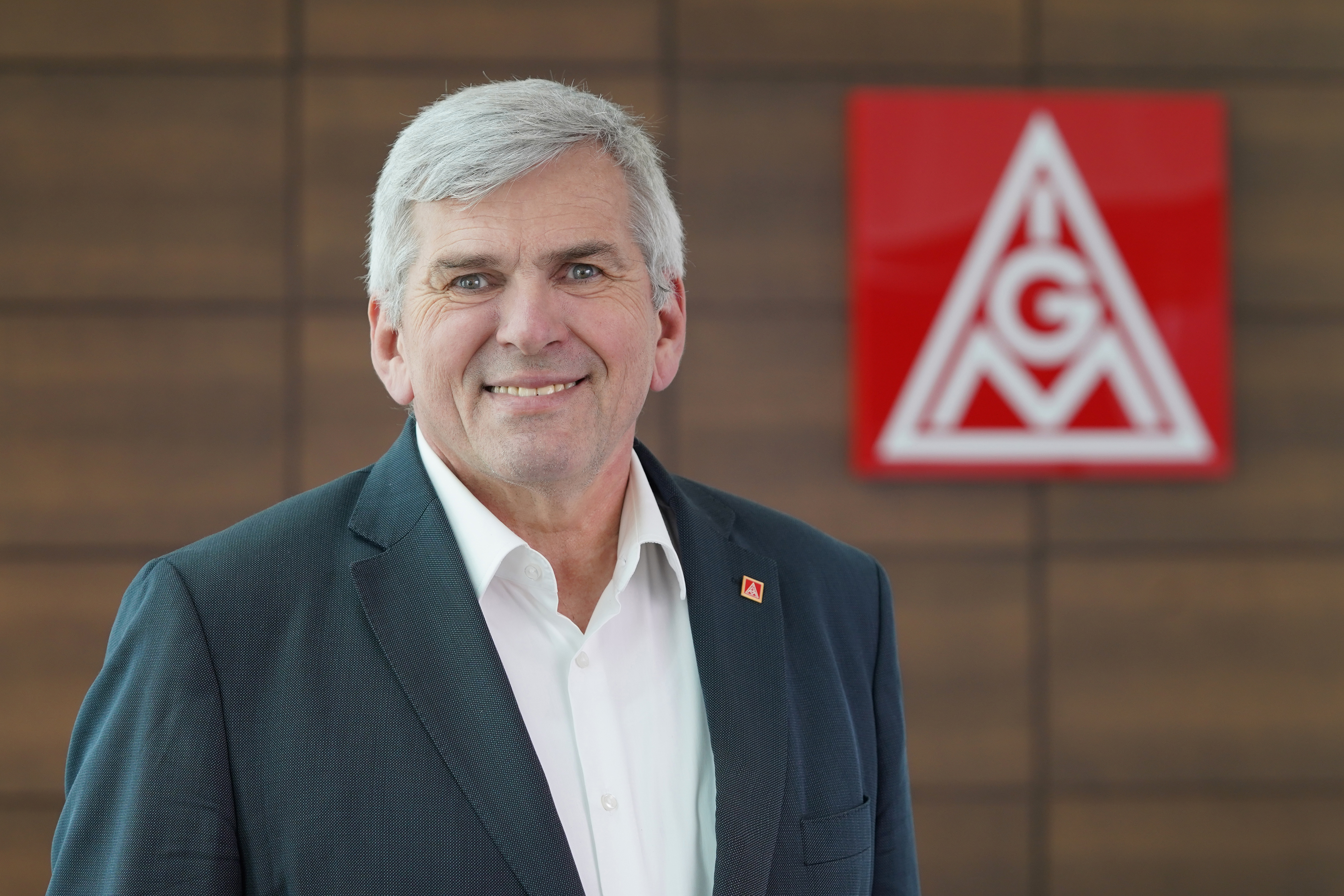IndustriALL and PSI renew global agreement with EDF
The extension was also signed by representatives of 15 trade unions, representing EDF workers around the world, from France, Germany, Italy, Brazil, Belgium, and China. The agreement applies to all EDF operations worldwide, covering over 160,000 workers in 24 countries.
The GFA was first negotiated and signed in 2005 and renewed in 2009. Another round of negotiations took place in 2018. Trade union representatives chose an extension of the current GFA instead of initiating a renegotiation process. The parties reached a consensus that the current global agreement contains good language and that the focus should be on implementation at workplaces around the world rather than renegotiation, particularly during a moment when the threat of restructuring the EDF group remains present.
Some of the important clauses that are included in the GFA are:
- Neutrality clause protecting union organizing from active management opposition in EDF Group and its subsidiaries worldwide
- Trade union representation in the global committee in charge of monitoring and follow-up for representatives from EDF workplaces in Germany (2); Latin America (1) North America (1); Africa and the Middle East (1)
- A commitment to clear indicators for implementation and time-bound dispute settlement mechanisms
- Just Transition measures in support of workers’ skills and conditions in line with the ILO Guidelines for a Just Transition towards environmentally sustainable economies and societies
The GFA offers an opportunity for IndustriALL and PSI affiliates to collectively take full advantage of its provisions to build power, to defend members’ rights and conditions, while promoting quality public services. Affiliates with membership in EDF operations, subsidiaries and subcontractors worldwide are invited to maintain close contact from all regions to ensure that the content of this agreement is fully implemented and respected.
Atle Hoie, IndustriALL general secretary, said:
“Global framework agreements give us the possibility of being aware of workers’ labour conditions around the world in multinational companies. They also help us to solve conflicts and anticipate the challenges for them. With this extension we will continue focusing on key aspects like due diligence and Just Transition within EDF.”
Rosa Pavanelli, PSI general secretary, said:
“The expiry of any agreement provides an opportunity to reflect on its contents and implementation. We have good GFA with EDF. We need to focus on a full and coordinated implementation of this global agreement from the bottom up.”
The agreement is monitored by a Dialogue Committee on Corporate Social Responsibility (CDRS). CDRS secretary Roland Van Puyenbroeck said:
“All of the members of the global coordinating committee are looking forward to giving continuity to this important work.”
EDF (Électricité de France) is a French multinational energy company, largely owned by the French state. The company is active in electricity generation and distribution, power plant design, construction and dismantling and energy trading. EDF maintains operations in nuclear power, hydropower, marine energies, wind power, solar energy, biomass, geothermal energy and fossil-fired energy.
Image of the EDF tower in Paris CC by Falcon Photography


